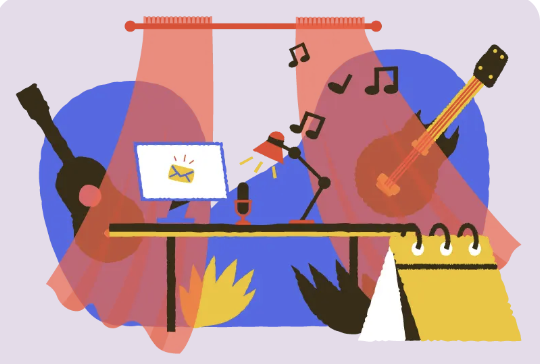
This Toolbox aims to provide various tools to help different organisations and initiatives willing to develop authentic and sustainable partnerships. Since the journey of building partnerships varies based on partners and the type of partnership they seek, this toolbox offers separate tools that can be used at different phases of the partnership journey. The toolbox includes 20 tools: they can be used individually or with your team or your partners from other organisations.
The Tandem programme, which was developed and implemented by the Cultural Exchange department of MitOst in 2011 (which is now a part of the newly established entity zusa), collected these tools from various sources, which were adapted according to the program’s needs. So, do not hesitate to adapt these tools based on your team’s needs as well. These tools were published under the Creative Commons license (CC BY 4.0). So, do not forget to mention zusa and other primary sources when reusing any of these tools. The Collective Routes team worked on reformulating the English tools and then translated them into Arabic through cooperation with the All-Around Culture project.
The toolkit is available in both Arabic and English.




